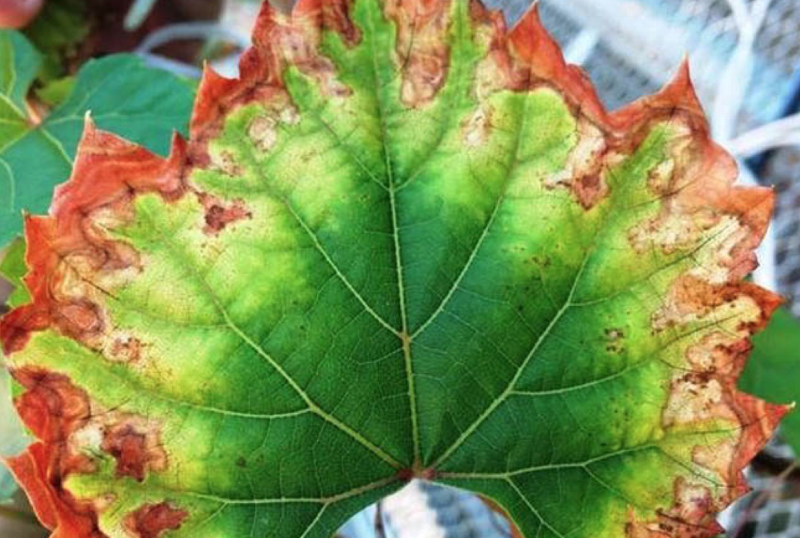
BALI's Technical Officer provides updated guidance on Xylella
From 1 March 2018, additional precautions must be taken by suppliers and recipients of specific plants, as outlined in the DEFRA guidance document: Xylella fastidiosa: Information about controls for importers and users of trees, shrubs and herbaceous plants.
In addition to the plant passport system, which requires anyone directly importing host plants across the EU to the UK to ensure they are inspected and accompanied by a plant passport, from 1 March 2018, specific ‘high risk’ plants can only be moved once a site has received an annual inspection from an Animal and Plant Health Agency (APHA) inspector, and the plants have been sampled and tested. In addition, both suppliers and recipient of high risk plants must keep records for 3 years.
The plants within this high risk category are:
- Coffea
- Lavandula dentata
- Nerium oleander
- Olea europae
- Polygala myrtfolia
- Prunus dulcis
The list of host plants is updated regularly and can be found on the European Commission website: https://ec.europa.eu/food/plant/plant_health_biosecurity/legislation/emergency_measures/xylella-fastidiosa/susceptible_en
The DEFRA guidance document: Xylella fastidiosa: Information about controls for importers and users of trees, shrubs and herbaceous plants can be found at the following location:
The APHA should be contacted regarding suspected outbreaks of Xylella fastidiosa, as well as inspection queries, via: PHSI Headquarters, Sand Hutton, York. Tel: 01904 405138 Email: planthealth.info@apha.gsi.gov.uk
